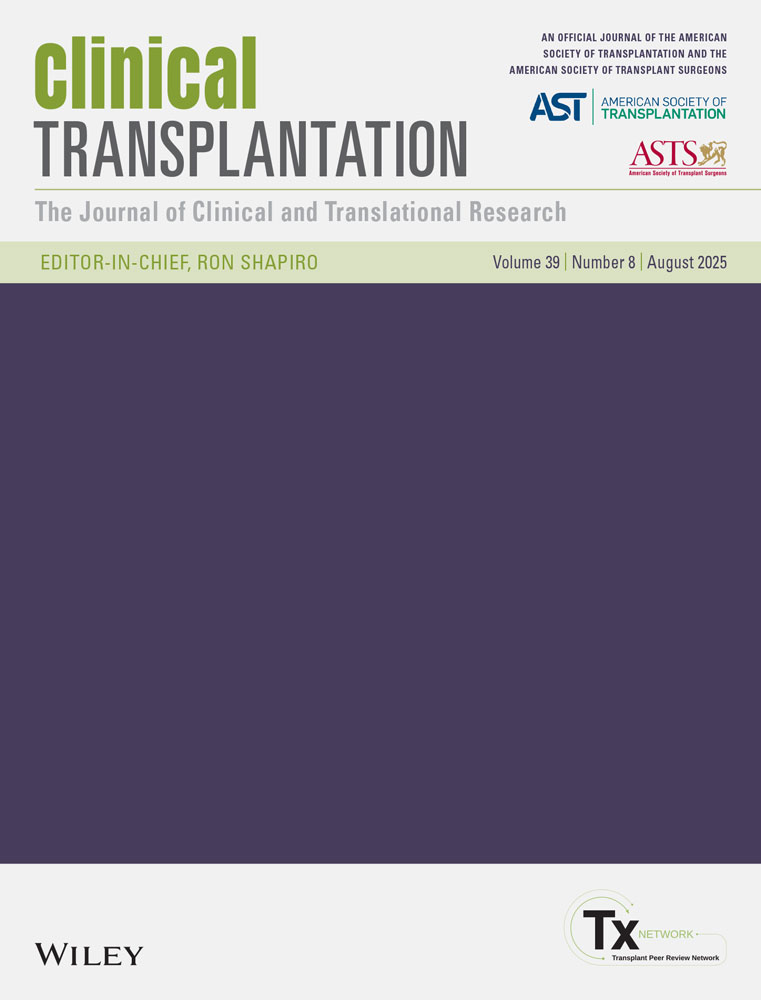Knowledge and opinions about organ donation among urban high school students: pilot test of a health education program
Abstract
Background: Increasing the diversity of the organ donor pool might improve the opportunities for people of color on organ transplant waiting lists to receive donated organs. We report on the results of a pilot classroom health education program to improve knowledge about organ donation and transplantation among a diverse student body at an urban high school. Methods: The effectiveness of the educational program was evaluated with baseline and follow-up questionnaires which examined: 1) whether the program increased knowledge about organ donation; 2) whether the students’ opinions about organ donation changed; and 3) whether the program was related to any changes in opinion. Results: On the follow-up questionnaire, correct answers on 15 factual questions increased by 18% for the treatment group, compared to 5% for the control group (p=0.00). Regarding opinions, at baseline 92% of white students had positive opinions about donation, compared to 48% of the students of color (p=0.00). In the follow-up survey, the increase in positive opinions among the students of color was significantly greater than among white students (p=0.04). In this pilot study, however, changes in opinions occurred with equal frequency among students in the treatment and control groups. In regression analysis, both knowledge of the subject and discussing donation with one's family were significantly associated with positive opinions about donation. Conclusions: Overall, this pilot study provided encouraging evidence that the classroom health education program affected knowledge about organ donation, and that opinions about organ donation are responsive to increases in knowledge.




